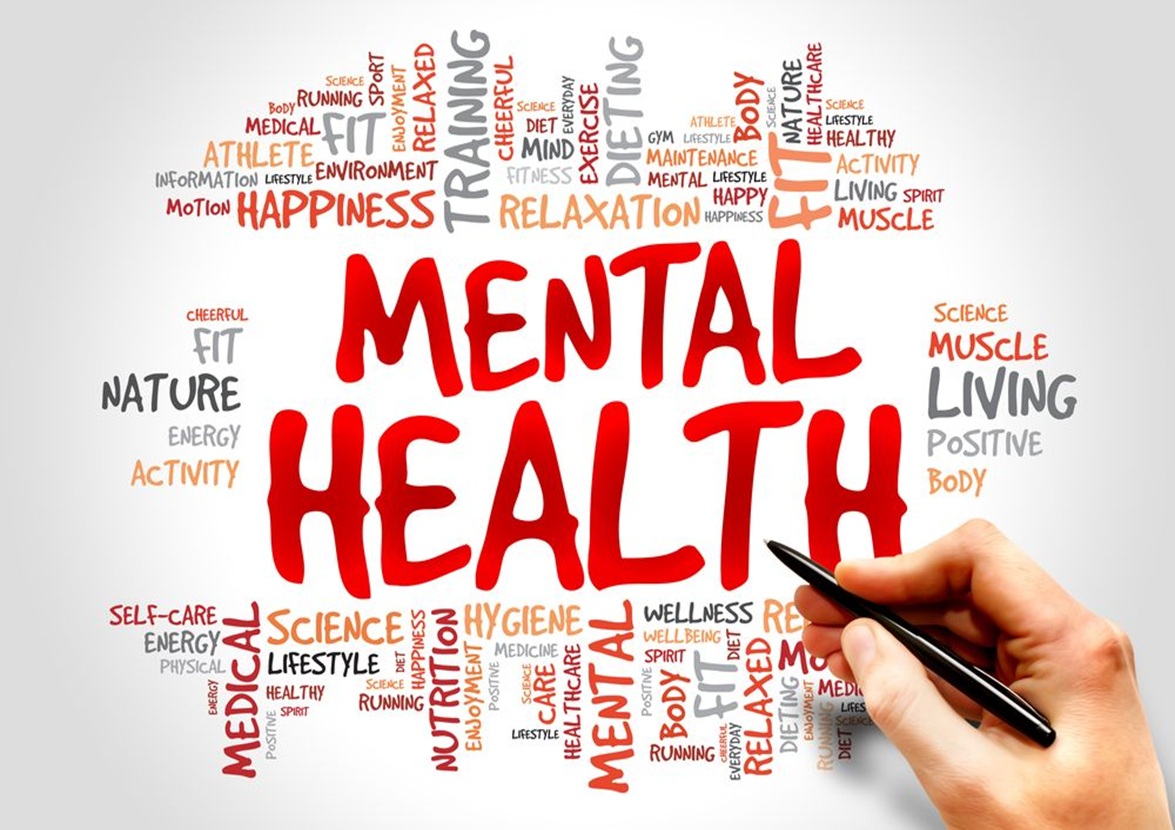The Importance of Mental Health Education
Mental health is a fundamental aspect of human well-being, influencing every part of life, from relationships and productivity to physical health and overall happiness. However, for decades, mental health has been overshadowed by stigma, misinformation, and a lack of awareness. In today’s fast-paced and stress-filled world, understanding mental health is just as important as knowing how to take care of physical health. This is where mental health education plays a critical role.
Mental health education is not just about recognizing mental illnesses; it is about equipping individuals with the knowledge and skills to manage stress, build resilience, and seek help when necessary. Schools, workplaces, and communities must prioritize mental health education to create a healthier, more understanding society. The benefits extend beyond individuals to families, communities, and even economies. By fostering awareness and understanding, we can reduce stigma, encourage early intervention, and ultimately improve lives.
What Is Mental Health Education?
Mental health education refers to the process of teaching individuals about mental well-being, emotional resilience, and psychological disorders. It encompasses a broad range of topics, including stress management, emotional intelligence, coping mechanisms, and awareness of mental health conditions such as anxiety, depression, and bipolar disorder.
This type of education is designed to help individuals understand their own mental health, recognize the signs of distress in themselves and others, and develop strategies to maintain psychological well-being. It also plays a crucial role in reducing the stigma surrounding mental illnesses, encouraging open conversations, and promoting early intervention.
Understanding Mental Health and Its Role in Daily Life
Mental health encompasses emotional, psychological, and social well-being. It affects how people think, feel, and behave in their daily lives. It also determines how individuals handle stress, relate to others, and make decisions. Just like physical health, mental health fluctuates, and external factors such as work stress, relationships, and financial difficulties can impact it. Without proper knowledge and support, people struggling with mental health issues may feel isolated or unable to cope, leading to severe consequences.
A common misconception is that mental health issues are rare or only affect certain groups of people. In reality, mental health challenges are universal and can arise at any point in life. Anxiety, depression, and stress-related disorders are among the most common conditions, and they can affect anyone regardless of age, background, or profession. Understanding mental health allows individuals to recognize symptoms in themselves and others, making it easier to seek help and provide support.
The Impact of Mental Health Education in Schools
Introducing mental health education in schools is one of the most effective ways to ensure that future generations grow up with a strong foundation in emotional well-being. Many students face academic pressure, social challenges, and personal issues that can contribute to stress and anxiety. Without proper guidance, these issues can escalate, leading to decreased academic performance, behavioral problems, and long-term mental health struggles.
When mental health education is integrated into the curriculum, students learn to identify their emotions, develop coping strategies, and understand that seeking help is not a sign of weakness. This knowledge fosters resilience, improves self-esteem, and enhances emotional intelligence. Additionally, when students are educated about mental health, they are more likely to show empathy towards peers who may be struggling, reducing bullying and promoting a supportive school environment.
Teachers also benefit from mental health education. Equipped with the right knowledge, they can recognize signs of distress in students and provide the necessary support or guidance to professional help. A school culture that prioritizes mental well-being creates a safer and more productive learning environment, ultimately benefiting both students and educators.
Mental Health Awareness in Workplaces
The workplace is another critical area where mental health education can have a significant impact. Stress and burnout have become common in modern work environments, leading to decreased productivity, increased absenteeism, and higher turnover rates. Employees who struggle with mental health challenges often feel reluctant to speak up due to fear of judgment or job insecurity.
Organizations that incorporate mental health education into their policies create a healthier and more productive workforce. When employees understand mental health, they are more likely to recognize stress triggers, practice self-care, and seek support when needed. Companies that provide mental health training and resources contribute to a culture of openness, where employees feel safe discussing their struggles without fear of stigma.
Employers also have a responsibility to create work environments that support mental well-being. Simple initiatives such as flexible work hours, stress management programs, and access to counseling services can significantly improve workplace morale. A mentally healthy workforce is more engaged, creative, and motivated, benefiting both the employees and the organization as a whole.
The Role of Communities in Mental Health Education
Beyond schools and workplaces, communities play a vital role in promoting mental health education. Many people face mental health challenges in silence due to societal stigma and a lack of resources. Community-based programs that raise awareness and provide support can bridge this gap, ensuring that individuals receive the help they need.
Educational workshops, support groups, and public campaigns are effective ways to spread mental health awareness within communities. These initiatives help debunk myths, encourage open discussions, and create safe spaces where people can share their experiences without judgment. Religious institutions, local organizations, and social groups can all contribute to fostering a culture of understanding and acceptance.
Families also have a crucial role in mental health education. Parents who talk openly about emotions and mental well-being with their children create an environment where seeking help is normalized. When children grow up in homes where mental health is openly discussed, they are more likely to develop strong emotional resilience and coping skills.
The Consequences of Ignoring Mental Health Education
Neglecting mental health education can have severe consequences for individuals and society as a whole. Without proper awareness, mental health issues often go undiagnosed and untreated, leading to worsening conditions over time. This can result in increased rates of suicide, substance abuse, and chronic health conditions.
A lack of mental health education also contributes to discrimination and stigma, making it difficult for those who struggle with mental illnesses to seek help. Many people suffer in silence due to fear of being judged or misunderstood. When society fails to prioritize mental health, individuals are left feeling isolated, which can have devastating effects on their personal and professional lives.
Furthermore, the economic burden of untreated mental health issues is immense. Healthcare costs, lost productivity, and social services strain economies worldwide. Investing in mental health education not only improves individual well-being but also reduces the financial impact on healthcare systems and businesses.
The Future of Mental Health Education
As awareness grows, many countries are beginning to integrate mental health education into schools, workplaces, and public policies. However, there is still a long way to go. Governments, educators, employers, and community leaders must continue to push for widespread mental health education to ensure that future generations have the knowledge and resources to manage their well-being effectively.
Technology is also playing a role in expanding mental health education. Online resources, mental health apps, and virtual therapy services are making it easier for people to access support. While these tools are not a replacement for professional care, they provide valuable education and coping strategies for those in need.
Ultimately, the goal of mental health education is to create a society where mental well-being is treated with the same importance as physical health. Everyone deserves access to information, resources, and support systems that enable them to lead fulfilling lives. By prioritizing mental health education, we can break down barriers, reduce stigma, and build a more compassionate and resilient world.
Conclusion
Mental health education is not a luxury; it is a necessity. It empowers individuals with the knowledge and tools to take care of their emotional well-being, seek help when needed, and support others in their journey. Schools, workplaces, communities, and families all play a role in fostering awareness and understanding.
Ignoring mental health education leads to severe personal and societal consequences, from increased suicide rates to economic burdens. By investing in education and awareness, we can create a world where mental health is valued and prioritized, allowing individuals to thrive both emotionally and physically. The time for action is now—mental health education must be a fundamental part of our lives to ensure a healthier and more compassionate society for future generations.


